DHAKA, July 01 (V7N)– Social Welfare, Women and Children Affairs Adviser Sharmeen S Murshid today heralded the July uprising as a "milestone for justice and struggle for establishing democracy in Bangladesh." She made these remarks during a discussion held at her ministry conference room, commemorating the pivotal "July revolution."
Murshid described the July uprising as "the turning point of the historical changeover of Bangladesh and showing the path of Bengali society against injustice and corruptions." Her comments highlight the interim government's consistent framing of the movement as a fundamental shift towards good governance and democratic principles.
The discussion also saw the participation of several individuals identified as "July warriors," including Umama Fatema, Nusrat Haque, Kotha, Koli, Saima, and Abdur Rahman Nabin. Their presence underscored the human element and sacrifices made during the mass protests that ultimately led to the fall of the previous government.
Recalling the martyrs and injured fighters of the July revolution, Sharmeen S Murshid affirmed that the current government is actively working to restore public satisfaction by addressing and removing "women and children repression and anarchy from society." This aligns with her ministry's focus on vulnerable groups and the broader interim government's agenda of rectifying past grievances and improving social conditions.
She further stated that the July uprising was an initiative aimed at realizing the dream of building a "new Bangladesh" that would reflect justice, democracy, social equity, and cultural victory. The participating "July warriors" echoed this sentiment, expressing their firm commitment to contributing to the creation of an "equal, consolidated and autocracy free human Bangladesh with the spirit of July uprising."
The July uprising, which began as a quota reform movement in early June 2024 and escalated into a nationwide non-cooperation movement, led to significant changes in Bangladesh's political landscape. The interim government has since been working on various reforms, with an emphasis on democratic transition and addressing issues of governance, corruption, and human rights.
END/MSS/RH/



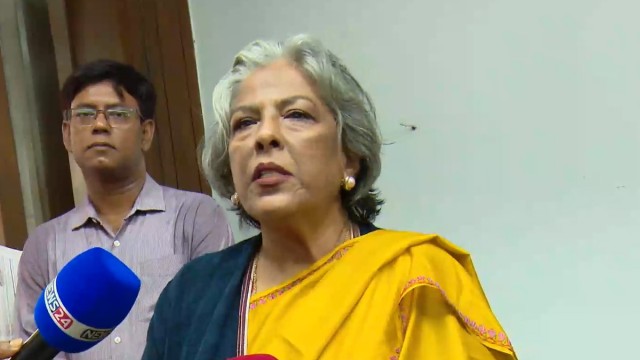
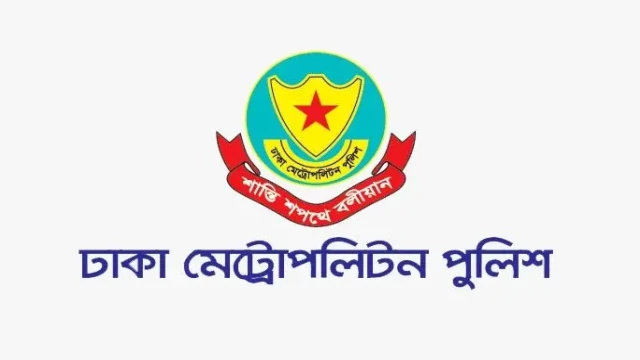
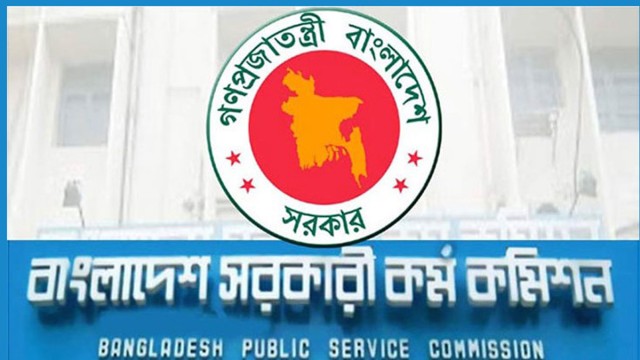
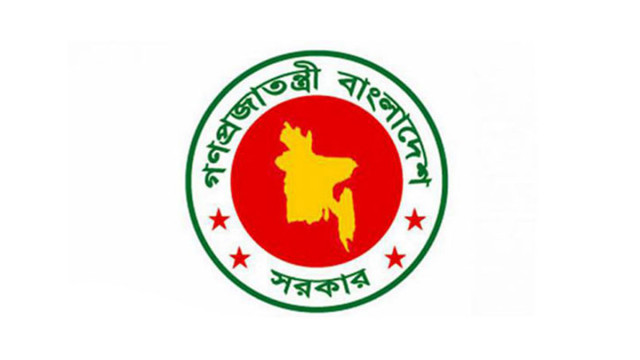
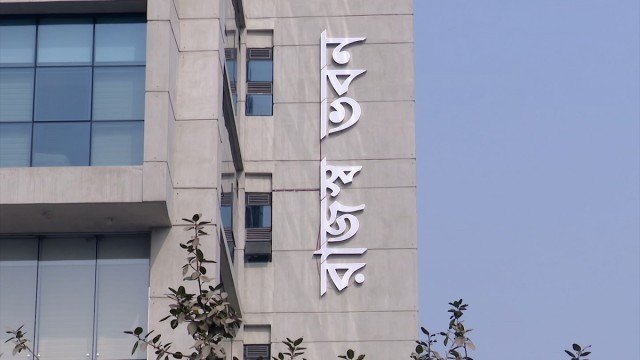
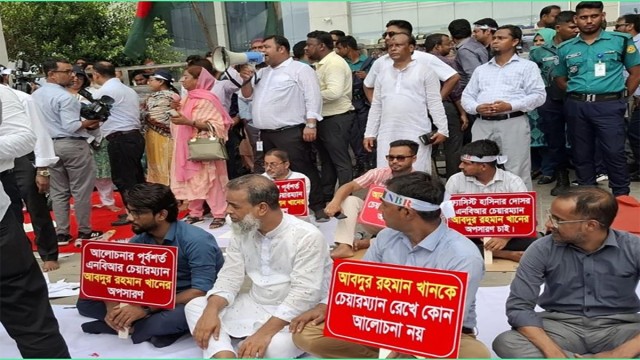
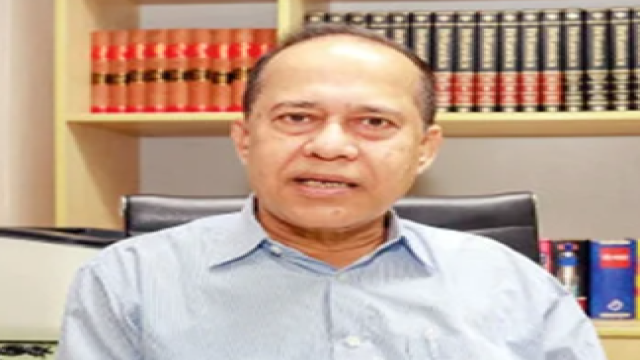


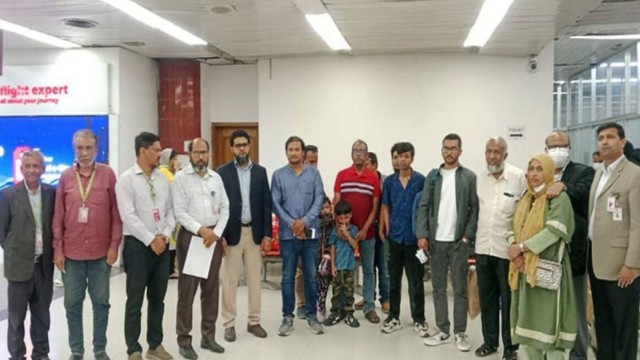



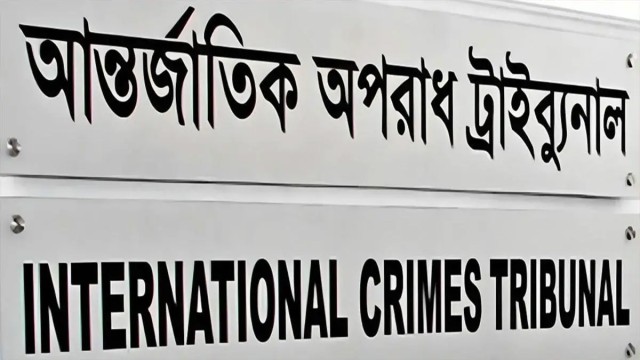









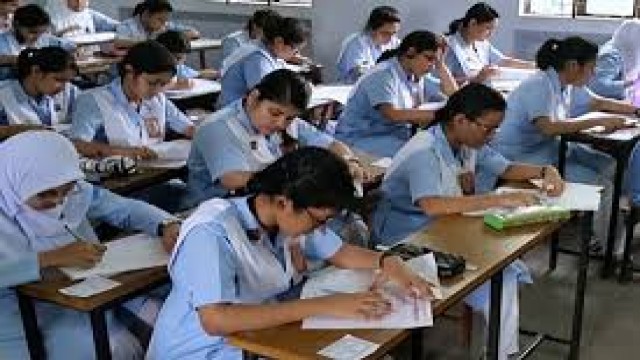

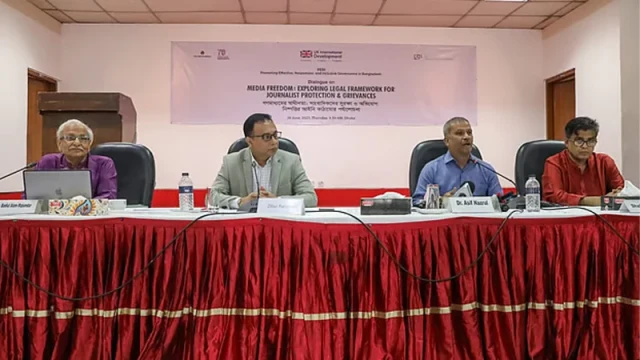
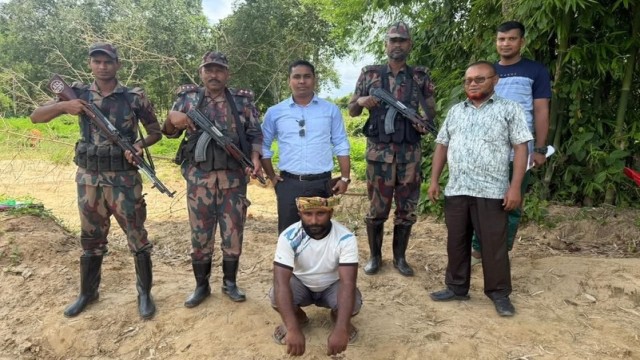

Comment: